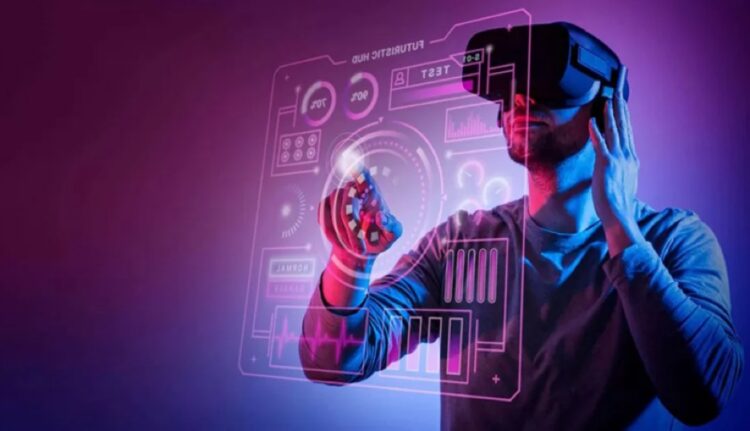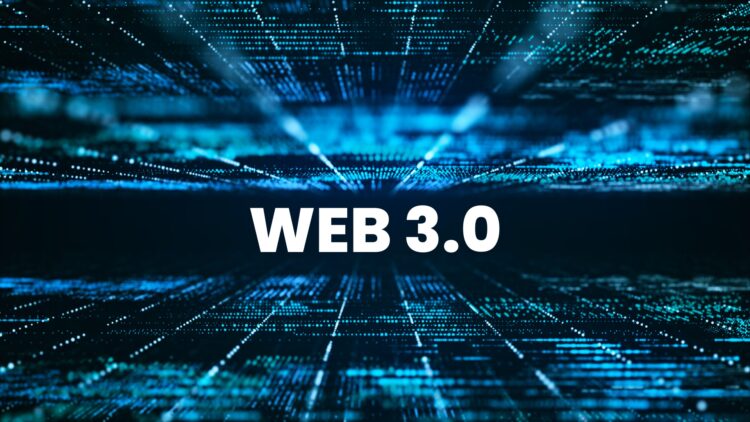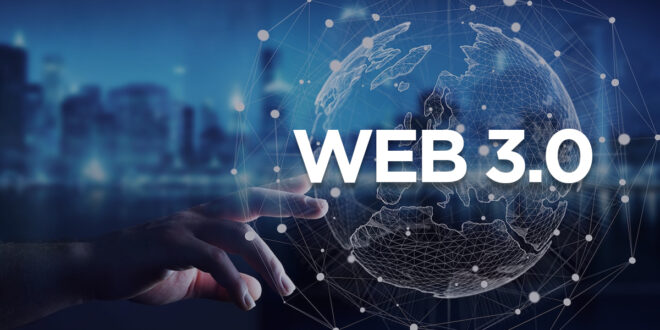What we know as the World Wide Web is just over three decades old. Over the last 30+ years, the Web has evolved quite a bit. We are now on the verge of what is being called Web 3.0, which is to say the third generation of web technology. Needless to say, digital marketers will have to adapt – which takes us to the main topic of this post: content marketing.
Content marketing emerged as one of the hottest trends in the digital marketing space just a few years ago. Marketing agencies like Salt Lake City’s Webtek rightfully promote content marketing as one of the most effective ways to take advantage of search engines and the organic results they produce.
As the web evolves, marketing has evolved with it. The evolution of both will continue as Web 3.0 gradually matures over the next decade. For those of us who follow digital marketing trends, it will be fascinating to see how content marketers adapt.
Web 3.0’s Three Pillars

Tim Berners-Lee is largely credited with inventing the World Wide Web in 1989. He is also responsible for conceptualizing Web 3.0. As he sees it, the Web’s third generation rests on three pillars:
1. The Semantic Web
The semantic Web is essentially the model on which Web 2.0 runs. It consists of technologies designed to create and store data on the web, as well as the rules and vocabularies necessary to handle that data. The semantic Web relies heavily on generating data that machines can effectively deal with.
2. Natural Language Processing
Natural language processing (NLP) is a technology that enables highly sophisticated software algorithms to parse and analyze human language so as to artificially understand it at a level comparable to the human brain.
This post was written by speaking into a microphone and allowing software to turn words into text. Speech-to-text relies on NLP for accuracy. The greater the software’s NLP capabilities, the more accurate the results.
3. Artificial Intelligence
The third pillar of Web 3.0 is artificial intelligence (AI). Unfortunately, ‘artificial intelligence is a misnomer of sorts. Even the most intelligent computer systems don’t know what they don’t know. They also do not know how to learn what they don’t know. A truly intelligent creature knows both.
At any rate, AI relies on gathering as much data as possible and then making intelligent decisions based on an analysis of that data. As AI matures, it allows us to do a lot more with the Web.
A More Personal Experience

So, where is all this leading? To a more personalized Web for everyone. The semantic Web will continue to be the foundation of data creation, storage, and sharing. But NLP and AI will offer the people who create such data an opportunity to make it more individualized and personal.
We are already starting to see some of the possibilities emerge. For example, consider mobile search. According to experts, Google revealed its intention to emphasize mobile a few years ago. Company engineers went on to modify their algorithms to make them mobile-first.
Mobile search works extremely well when combined with the voice search concept. In other words, don’t require mobile users to search by typing words with a virtual keyboard. Instead, let them talk to their phones. Let them ask questions.
This concept has driven Google’s pursuit of better NLP. They want to perfect NLP so that mobile and voice search combine to give Google users the most accurate and relevant results.
What It Means to Content Marketing
Getting a handle on Web 3.0 is no longer an option for content marketers. If their efforts are to continue proving fruitful in the months and years ahead, marketers need to change the way they create content. Again, we will use NLP and mobile search as examples.
When people rely on manual typing to conduct online searches, they tend to type as little as possible. You might get one or two words. But when they speak to their phones, they are more likely to use complete sentences. That is good for search engine algorithms because full sentences give them more to work with.
From a content marketing perspective, this means being more cognizant of the questions consumers might ask their phones. If a web user were interested in the information in this post, how might that person find it through mobile search? What question would they ask?
More Detailed, Less Generic Content

Combine NLP with AI and you have a scenario in which web users get a different kind of content. Rather than generic content that doesn’t offer much by way of value, they get more detail. They are better informed. Content marketers will have to respond to that.
This will make the content creator’s job more difficult. Content creators will have to start specializing in certain industries and topics. They will not be able to rely on quick, generic research to put together something that ranks well on Google. Furthermore, search engines will be forced to place less emphasis on static keywords and more on understanding content as a whole.
AI is headed in that direction. The technology is being developed with the idea of computer software analyzing content with the same artificial understanding as its NLP counterpart. As algorithms mature, individual keywords will be less relevant. Algorithms will focus more on the whole rather than individual pieces.
Better Quality Content
The result of a mature Web 3.0 should be better quality content all the way around. A decade from now, we should be able to see a stark difference between today’s content and what is produced then. That content should be more specific and personal. And finding it will be as simple as talking to your phone just like you would your best friend.
Web 3.0 is here. Content marketers should start figuring it out now. The third generation of the Web is going to force them to change how they do what they do.
 Hi Boox Popular Magazine 2024
Hi Boox Popular Magazine 2024



